info@vivavel.com
+919818262686
+919818262686
 info@vivavel.com
info@vivavel.com +919818262686
+919818262686A brain tumor occurs when cells in the brain start growing abnormally. Some tumors are not harmful (benign), while others can be dangerous (malignant or cancerous). Brain tumor surgery is a procedure where doctors try to remove the tumor to help the patient feel better. The surgery depends on the tumor's size, type, and location.
Before surgery, doctors use tests like MRI or CT scans to see the tumor. During the surgery, the patient is given medicine (anesthesia) so they don't feel any pain. The surgeon makes a small opening in the skull to reach the tumor. In some cases, only a portion of the cancer can be removed if it is located in a problematic area.
After the surgery, the patient may need additional treatments, such as radiation or chemotherapy, to target leftover tumor cells. Recovery can take time, and patients may need physical therapy to help them regain strength. The goal is to remove as much of the tumor as possible without affecting important brain functions.
 Symptoms of a brain tumor depend on its size, location, and growth rate. Common signs include:
Symptoms of a brain tumor depend on its size, location, and growth rate. Common signs include:
Note: Symptoms can develop gradually or appear suddenly.

 The exact cause of brain tumors is not fully understood, but some factors may increase the risk:
The exact cause of brain tumors is not fully understood, but some factors may increase the risk:
 Seek medical help if you experience:
Seek medical help if you experience:
 Doctors use several tests to diagnose a brain tumor:
Doctors use several tests to diagnose a brain tumor:
 Do's:
Do's:
 Don'ts:
Don'ts:
NOTE:
Our team of medical content authors has carefully collected and analyzed information on this topic to provide valuable insights to our readers. Utilizing a variety of reputable medical journals and health resources, this content aims to improve understanding of the subject. Please remember that while this information is informative, it should not substitute for personalized consultation or treatment from a qualified physician. For more details, please refer to our Editorial Policy.
For this topic, our authors used some of the following resources:
Johns Hopkins Medicine | Brain Tumor Surgery
Cancer Research UK | Surgery for brain tumors
UCSF Health | Brain Tumor | Conditions
Cleveland Clinic | Brain Surgery: Purpose, Recovery, Risks & Types





![]() Pusa Road, Radha Soami Satsang, Rajendra Place New Delhi, 110005 India
Pusa Road, Radha Soami Satsang, Rajendra Place New Delhi, 110005 India
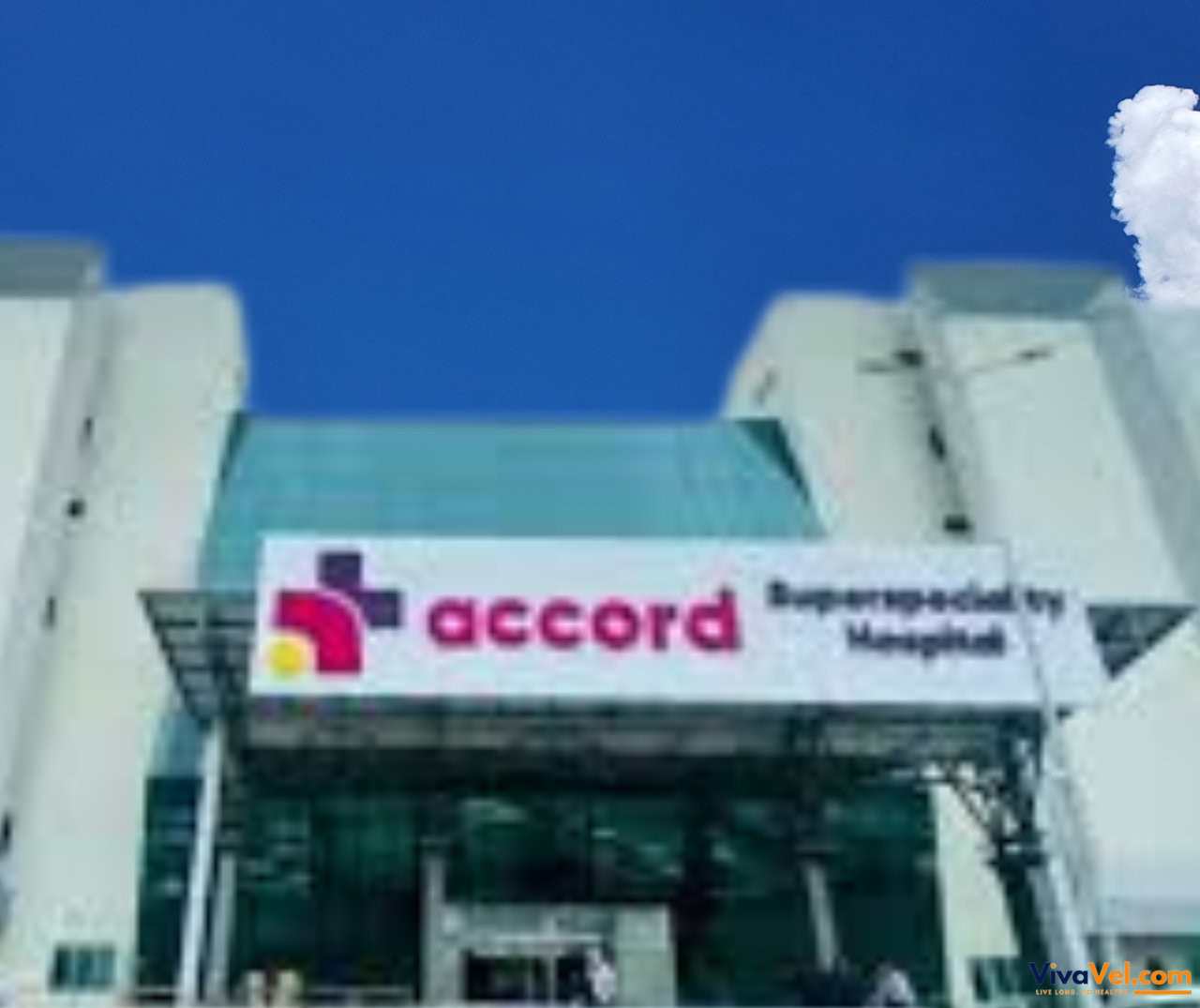


![]() Budena Village, Sector 86, Faridabad, Haryana 121002, India
Budena Village, Sector 86, Faridabad, Haryana 121002, India
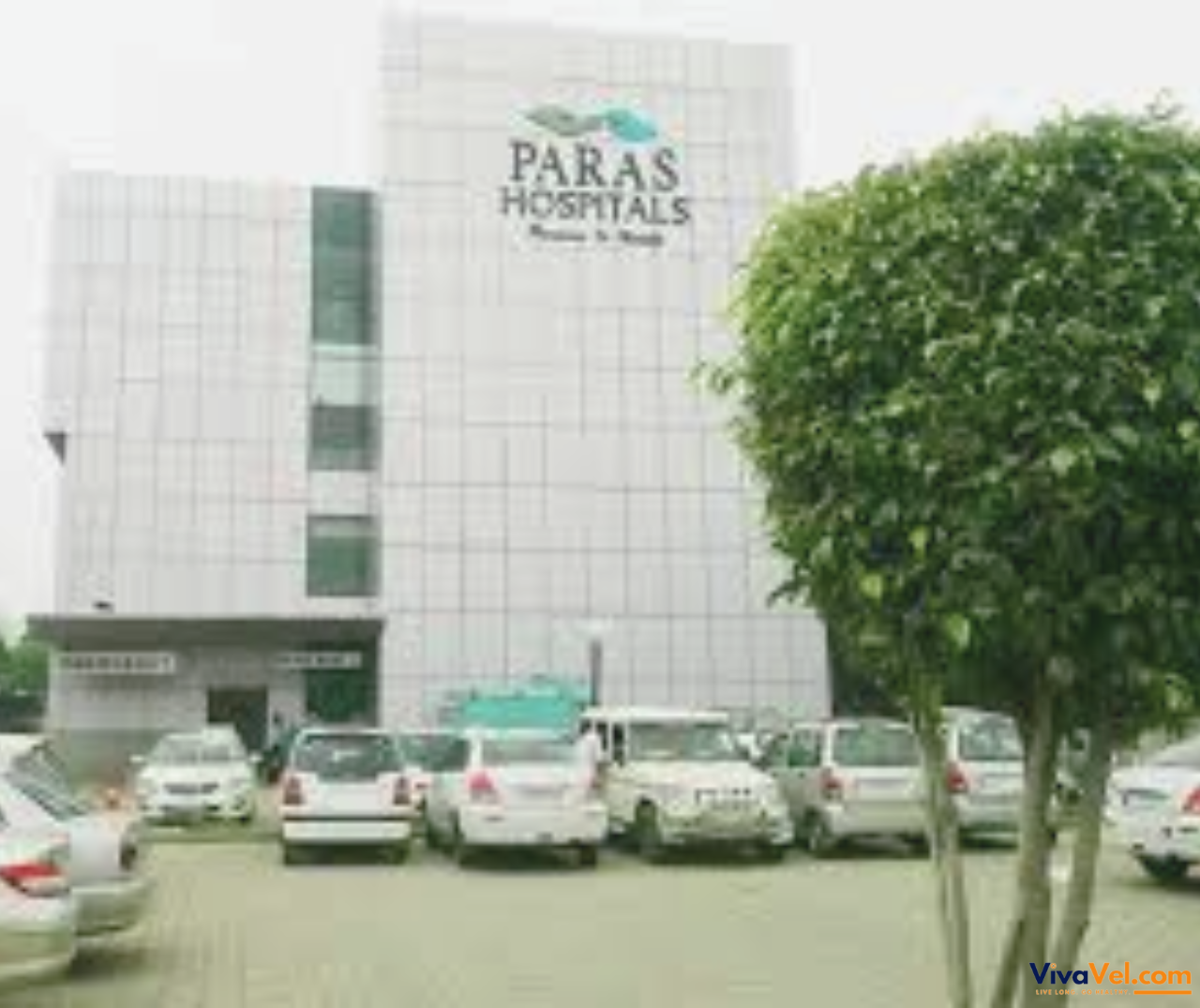


![]() C-1, Sushant Lok- 1, Sector-43, Phase- I, Gurugram, Haryana, 122002
C-1, Sushant Lok- 1, Sector-43, Phase- I, Gurugram, Haryana, 122002




![]() Lot 2, Jalan Baung 17/22, Seksyen 17, 40200 Shah Alam, Selangor Kuala Lumpur, 40200 (Malaysia)
Lot 2, Jalan Baung 17/22, Seksyen 17, 40200 Shah Alam, Selangor Kuala Lumpur, 40200 (Malaysia)

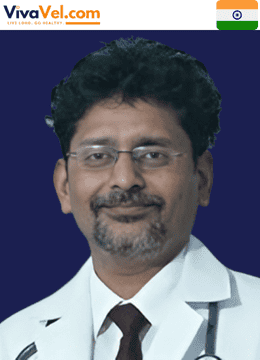
Dr. (Prof.) Rohit Gupta is a well-known neurologist in Faridabad, Haryana, India, with over 17 years of experience in clinical neurology. He achieved academic success...

Dr. Sandeep Ghosh is a highly regarded consultant neurologist, currently practicing at the esteemed Neurosciences Department of Accord Superspeciality Hospital in Faridabad, ...

Dr. Vikram Dua is one of India's top neuro and spine surgeons. With over 26 years of experience, he has performed over 10,000 surgeries, with a success rate excee...
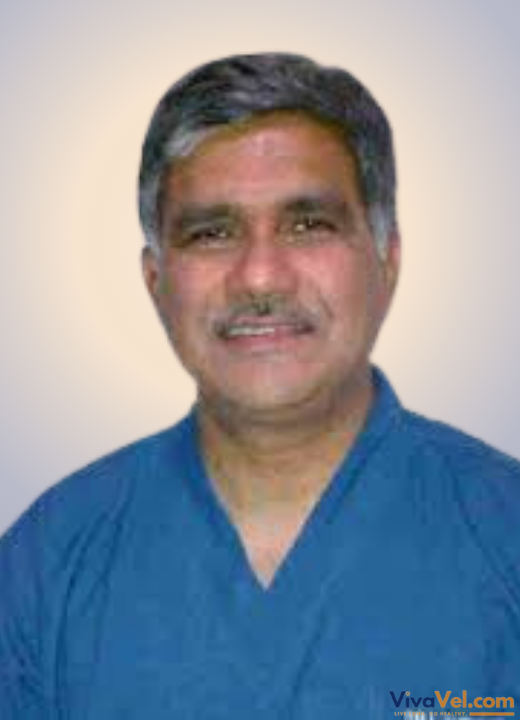
Dr. LN Tripathy is a highly esteemed neurosurgeon with an impressive 31-year career. Since April 2010, he has been the Director of the Medica Institute of Neurologica...
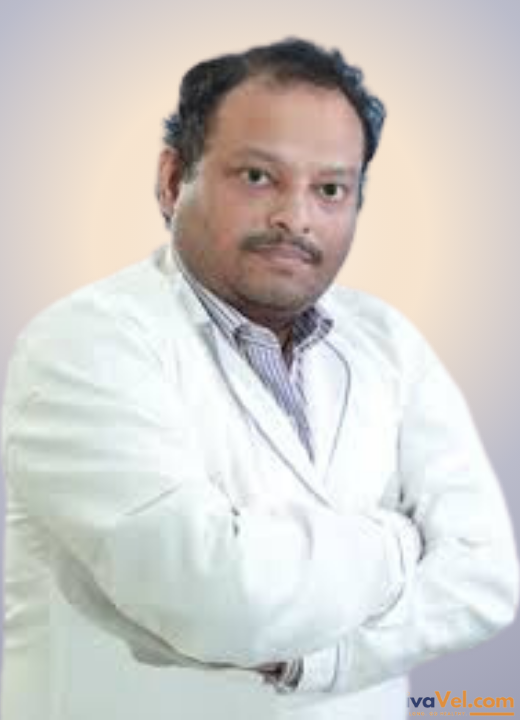
Dr. Anish Kumar is a highly experienced medical professional with over 21 years of experience, including more than 11 years dedicated to neurology. He is currently a ...
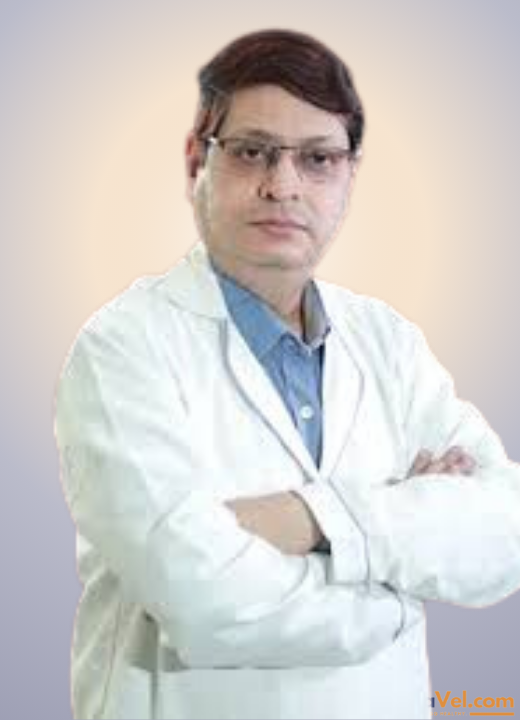
Dr. Kaushik Sen is a highly esteemed senior consultant neurologist with over 18 years of post-DM experience in neurology. He holds a gold medal in MBBS, an MD i...
Treatment Plan & Cost within 2 days
